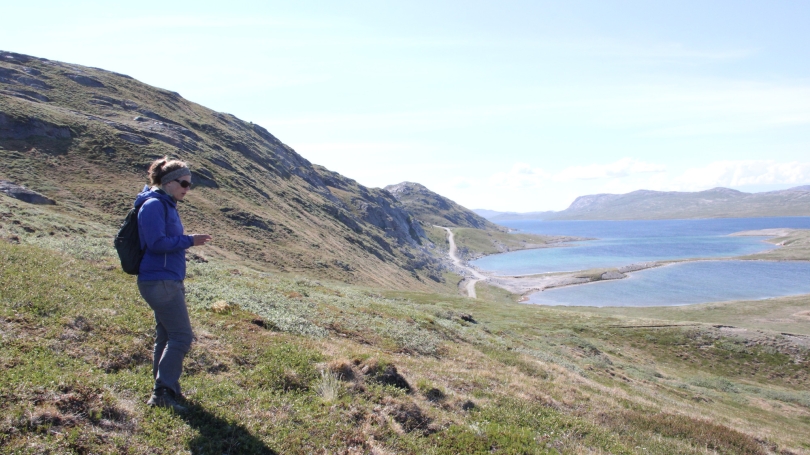
The EEES program experience emphasizes research but also includes a curriculum that is customized for individual students.
- About
- Academics
- Admissions
- News & Events
- People
Back to Top Nav
Back to Top Nav
Back to Top Nav
Back to Top Nav
The EEES program is relatively new, but is built on a long-standing tradition of excellence in graduate education, the former program in Ecology and Evolutionary Biology, and in interdisciplinary education through the Environmental Studies Program.
Dartmouth faculty develop Hubbard Brook Ecosystem Studies and elevate ecosystem science to global relevance (e.g., "acid rain", Clean Air Act, Clean Water Act).
Dartmouth grants first PhD in ecology; 75 PhDs granted as of 2014.
Dartmouth establishes the Environmental Studies Program (ENVS).
Ecology faculty organize as Graduate Program in Ecology & Evolutionary Biology (EEB). Environmental Studies Program (ENVS) establishes a major (>60 graduates in 2014). EEB faculty grows to 9, including 3 ENVS faculty, with College support for a new umbrella graduate program "Earth, Ecosystem, and Ecological Sciences (EEES)".
Organized discussions begin about expanding Dartmouth EEB to match the increasing interests of faculty and students in the human dimensions of ecology.
Dartmouth EEB ranks among top 12 programs (of 94 EEB programs) by the National Research Council. Dartmouth EEB is less than half median size of other top programs.
EEB grows to 15 faculty and 25 graduate students, thanks to new faculty in Anthropology (Nate Dominy) and Environmental Studies (Anne Kapuscinski, Nick Reo) and to NSF-sponsored IGERT program for interdisciplinary study of Polar Environmental Change in Greenland and elsewhere (PI Ross Virginia, Institute of Arctic Studies at the Dickey Center for International Understanding).
Proposal from consortium of faculty from EEB, ENVS, and several other departments is accepted by the faculty, administration, and trustees. The new Dartmouth Graduate Program in Ecology, Evolution, Ecosystems & Society (EEES) begins recruiting a new generation of graduate students.